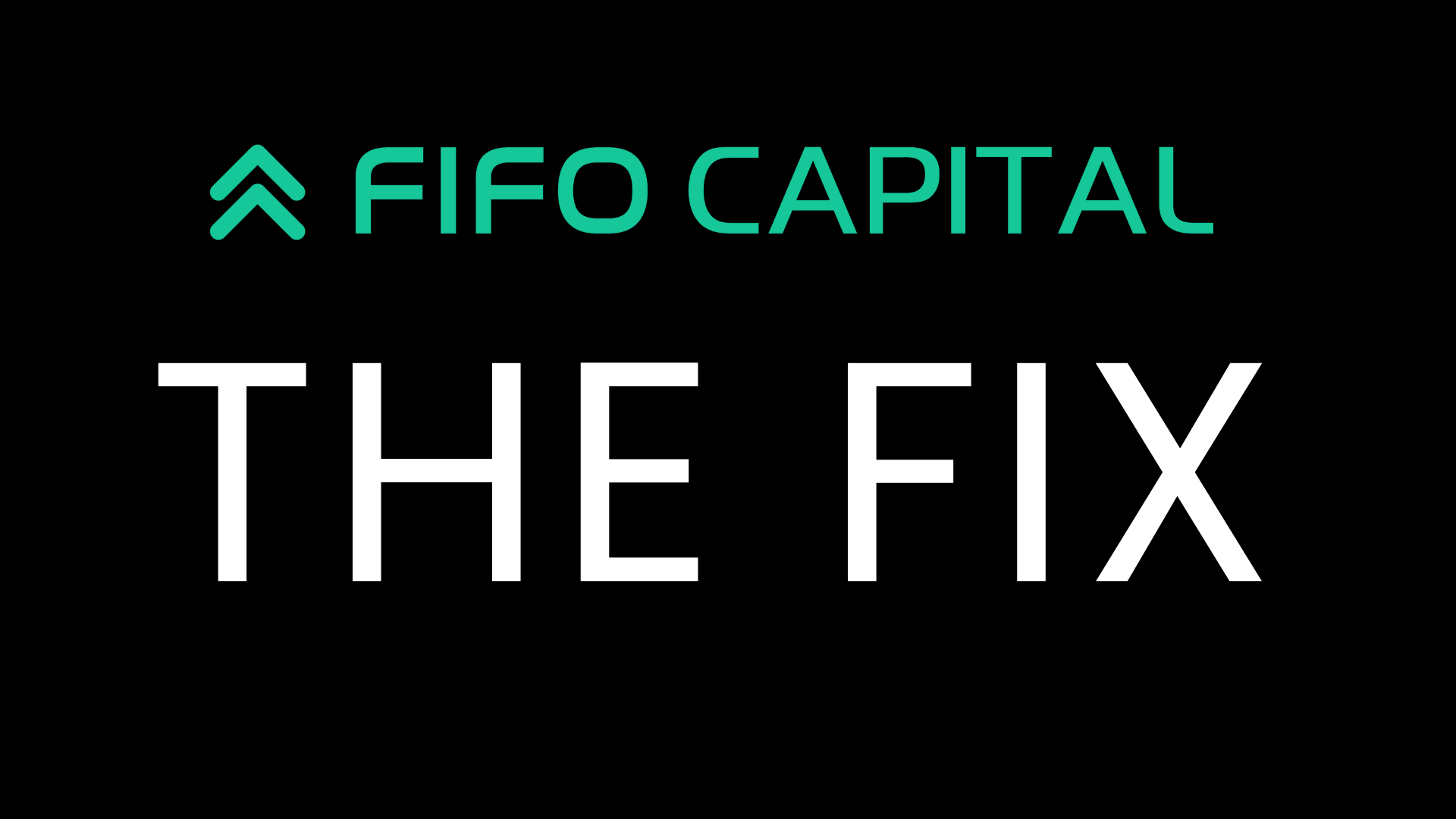Trade Finance Products: Overview & Comparison

Understanding trade finance is crucial for businesses, particularly those involved in import and export activities, as it plays a vital role in providing financial support for their operations.
Trade finance involves a range of financial services that can facilitate trade transactions and help SMEs achieve their goals.
In this article, we will provide a comprehensive overview of the primary trade finance products available to businesses. There are several trade finance products, each with its own set of advantages and disadvantages. Our aim is to compare the most common trade finance products and provide an analysis to help you determine the best option for your needs.
Table of Contents
What is trade finance?
Put simply: Trade finance is a financial service that helps businesses achieve their goals by providing credit and other financial services to facilitate trade transactions.
Trade finance is a crucial aspect of global commerce that can help Australian SME businesses mitigate risks and manage cash flow throughout the trade cycle.
Technically, trade finance refers only to specific types of financial products. However, in modern times, working capital has become a common feature of many businesses, leading to a broader use of the term to encompass any financing that supports international trade transactions.
Some examples of trade finance services include:
- Letter of credit: A letter of credit is a common trade finance instrument that can provide security to both the importer and exporter in a transaction.
- Export credit insurance: Export credit insurance can protect SMEs against non-payment or political risks in overseas markets.
- Trade finance loans: Trade finance loans can help SMEs finance their trade-related activities, such as purchasing inventory or fulfilling an order. These loans provide access to working capital, allowing businesses to seize growth opportunities. Explore trade finance options provided by Fifo Capital.
- Invoice financing options: Invoice finance is a type of trade finance that allows businesses to access funds tied up in their outstanding invoices. Fifo Capital offers invoice financing options that can be explored link to Invoice finance.
In trade finance, there are various parties involved, including importers, exporters, banks, and other financial institutions.
These parties work together to ensure that the trade transaction is completed smoothly and efficiently.
Banks and financial institutions can provide a range of trade finance services, such as issuing letters of credit or providing trade finance loans.
Trade finance is essential for global commerce and economic growth, as it facilitates international trade and enables businesses to expand their reach and access new markets.
Australian SME businesses can benefit greatly from trade finance services, as they can help mitigate the risks associated with international trade and improve cash flow.
By using trade finance, SMEs can take advantage of new business opportunities and grow their businesses.
Definition of trade finance
Trade finance refers to a range of financial products and services that support trade transactions, both domestically and internationally.
These may include credit facilities, payment and settlement mechanisms, insurance products, and other types of financial instruments that help mitigate risks and optimise cash flow for businesses engaged in cross-border trade.
Importance of trade finance
Trade finance plays a critical role in the global economy, as it enables businesses of all sizes to engage in international trade and expand their operations.
For Australian SMEs, trade finance can provide access to working capital and help manage risk, allowing them to take advantage of new opportunities and grow their businesses.
Why are there so many trade finance products?
The complexity of modern trade transactions, coupled with the need to manage risk and optimise cash flow, has led to the development of a wide range of trade finance products and services.
These products are designed to meet the diverse needs of businesses engaged in trade, from financing the purchase of goods to mitigating risk and ensuring timely payment.
Let’s breakdown the different types of trade finance products
Trade finance products can be broadly categorised into two main types: traditional trade finance products and supply chain finance products.
Traditional trade finance products include letters of credit, guarantees, and loans, while supply chain finance products focus on optimising cash flow and reducing risk throughout the supply chain.
Understanding the different types of trade finance products can help businesses select the right tools to manage their trade finance needs.
Trade Finance Products
The following products are just a few examples of the many financing options available for international trade transactions. Each of these products has its own unique requirements and benefits.
| Finance product | Who is it for? | Pros | Cons |
|---|---|---|---|
| Letter of Credit (LC) | Businesses engaged in international trade | Reduces the risk of non-payment by foreign buyers; Provides a level of security to both the buyer and seller; Can help businesses establish relationships with new suppliers | Can be expensive, as banks charge fees for issuing LCs; Can be time-consuming, as the bank will need to verify the documents before issuing the LC |
| Bank Guarantee | Buyers and sellers involved in international trade transactions | Provides security to the seller by guaranteeing payment for goods or services rendered; Can be customized to fit the specific needs of the transaction; Provides a level of confidence to the buyer that the seller will deliver the goods or services as agreed | Can be expensive, especially for high-risk transactions; Can be time-consuming to obtain; Can be complicated, with many different types of guarantees available |
| Documentary Collection | Buyers and sellers involved in international trade transactions | Provides a secure way to handle transactions; Reduces risk for both parties; Can be less expensive than other trade finance products | Provides less protection for the seller than a letter of credit; Requires a high level of trust between the buyer and seller; Can be time-consuming to complete |
| Export Credit Insurance | Exporters involved in international trade transactions | Provides protection against non-payment by foreign buyers; Can provide access to financing for exporters; Reduces the risk of loss for exporters | Can be expensive; May not cover all risks; May require compliance with certain regulations and criteria |
| Supply Chain Finance | Buyers and suppliers involved in the supply chain | Improves cash flow for both buyers and suppliers; Reduces financing costs for suppliers; Provides buyers with access to working capital | May require changes to supply chain processes; May not be suitable for all types of businesses |
| Factoring | Companies that need to improve their cash flow by receiving payment for outstanding invoices | Provides immediate access to cash; Improves cash flow for the company; Reduces the risk of non-payment by customers | Can be expensive; May require the company to give up some control over its accounts receivable; May damage the company’s relationship with its customers |
| Inventory Financing | Businesses that need to purchase inventory but do not have sufficient funds to do so | Provides businesses with the funds they need to purchase inventory; Improves cash flow by providing funds needed to purchase inventory; Useful for businesses with seasonal fluctuations in demand | Can be complex and expensive; Financial instruments used can be difficult to understand and may require the services of a specialist to implement; Fees associated with structured trade finance can be high |
Which Trade Finance Product is the Best?
Choosing the right trade finance product can be a complex decision, and it depends on various factors such as the business’s specific needs, transaction complexity, and risk appetite.
We recommend consulting a reliable trade finance provider to identify the most appropriate product for your business.
At Fifo Capital, we specialise in offering tailor-made trade finance solutions to businesses of all sizes and industries.
Our finance solutions leverage your working capital and support both domestic and international trade. We can back your trade transactions by purchase orders or invoices, making the process seamless and hassle-free.
And unlike some other trade finance products such as letters of credit, our trade finance solutions are straightforward and designed to meet your specific needs.
Learn How Fifo Capital Helps Companies Choose the Best Trade Finance Products
If you are looking for assistance in choosing the best trade finance product for your business, Fifo Capital can help.
Our team has extensive experience in trade finance and can guide you through the selection process, from identifying your needs to assessing the different options and choosing the most suitable product.
We offer a range of trade finance products, including factoring, inventory financing, purchase order finance, and supply chain finance, among others.
Our solutions are designed to help businesses access the working capital they need to grow and succeed in the global marketplace.
Contact us today to learn more about our trade finance products and how we can help your business thrive.
FIND OUT MORE | Learn how Fifo Capital’s funding works
Our Final Note
Trade finance plays a vital role in the growth and success of SME businesses.
It provides a means for managing cross-border transaction risks and enables access to working capital.
Choosing the right trade finance product can bring benefits such as improved cash flow, reduced risk, and increased competitiveness.
At Fifo Capital, our goal is to assist businesses of all sizes and across various industries in accessing the necessary working capital to thrive in the global marketplace.




